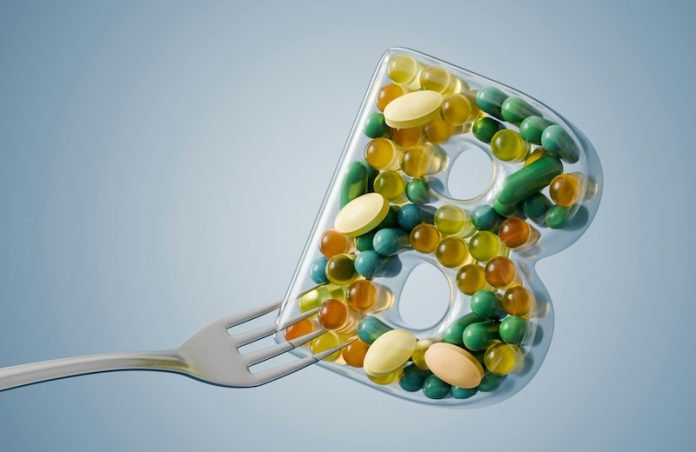
Heart disease is a major concern for many people around the world.
While a healthy diet, regular exercise, and avoiding smoking are key to reducing the risk, some supplements may also play a helpful role.
Research has shown that certain vitamins, minerals, and other compounds can support heart health by lowering cholesterol, reducing inflammation, and improving blood pressure. Here’s a look at the most promising supplements and what science says about them.
One of the best-known supplements for heart health is omega-3 fatty acids, commonly found in fish oil. Omega-3s are essential fats that help reduce inflammation in the body.
Studies suggest that taking fish oil supplements can lower triglyceride levels, a type of fat in the blood that increases heart disease risk. In some cases, omega-3s may also help lower blood pressure and prevent irregular heartbeats.
Experts recommend about 1,000 milligrams per day of EPA and DHA, two key types of omega-3s, for people with heart concerns.
Another important nutrient for heart health is magnesium. This mineral helps regulate blood pressure and keeps the heart beating steadily. Research shows that people with low magnesium levels are more likely to develop high blood pressure and heart disease.
Taking a magnesium supplement can be particularly helpful for those who don’t get enough from foods like nuts, seeds, and leafy greens. However, too much magnesium can cause side effects like diarrhea, so it’s best to stick to the recommended dose of 200-400 milligrams per day.
Coenzyme Q10, or CoQ10, is another supplement that has gained attention for its heart-protective effects. CoQ10 is a natural substance that helps the body produce energy and acts as an antioxidant to protect cells from damage.
Levels of CoQ10 tend to decrease with age and in people taking statin medications for cholesterol.
Research suggests that CoQ10 supplements may help improve symptoms of heart failure, lower blood pressure, and reduce muscle pain caused by statins. A typical dose is 100-200 milligrams per day.
Fiber supplements, like psyllium, are also beneficial for heart health. Soluble fiber helps lower LDL cholesterol, often called “bad cholesterol,” by binding to it in the digestive system and removing it from the body.
Studies show that consuming 10-25 grams of soluble fiber daily can lead to a significant drop in cholesterol levels, reducing the risk of heart disease. If you’re not getting enough fiber from fruits, vegetables, and whole grains, a supplement can help fill the gap.
Vitamin D is another supplement worth considering. Low levels of vitamin D have been linked to a higher risk of heart disease, high blood pressure, and diabetes.
While the exact role of vitamin D in heart health is still being studied, many experts believe it helps reduce inflammation and improve blood vessel function.
If you don’t get enough sun exposure or foods rich in vitamin D, such as fatty fish or fortified milk, a supplement of 1,000-2,000 IU per day might be beneficial.
Lastly, plant-based compounds called sterols and stanols have shown promise in lowering cholesterol. These compounds, found in small amounts in fruits, vegetables, nuts, and seeds, work by blocking cholesterol absorption in the gut.
Many foods are now fortified with sterols and stanols, and supplements are also available. Research suggests that taking 2-3 grams daily can reduce LDL cholesterol by up to 10%.
While these supplements can support heart health, they work best when combined with a healthy lifestyle. It’s important to talk to a doctor before starting any new supplement, especially if you have existing health conditions or take medications.
Supplements are not a substitute for prescribed treatments but can be a helpful addition to your overall heart health plan.
If you care about heart health, please read studies that apple juice could benefit your heart health, and Yogurt may help lower the death risks in heart disease.
For more information about health, please see recent studies that Vitamin D deficiency can increase heart disease risk, and results showing Zinc and vitamin B6 linked to lower death risk in heart disease.





